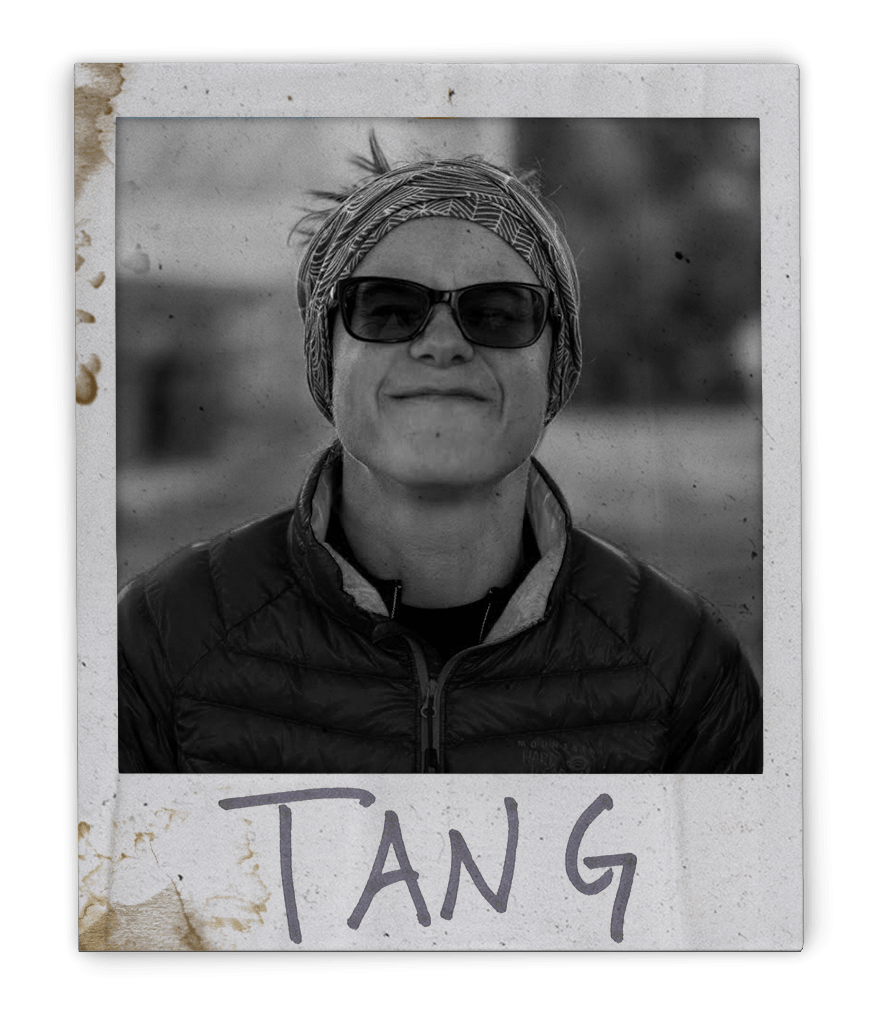Without a Mirror

During one of my phone calls home on the Pacific Crest Trail, my mom asked me, “Has this helped your body image?”
The answer is no.
But that’s not all I have to say.
I have struggled with a distorted body image for over 14 years. I remember restricting my food intake when I was 13 years old, being dragged to the doctor by my mother because I lied and said I just didn’t feel good. Ultimately, she told me I couldn’t run if I didn’t eat. But my battle didn’t end there, and I continued to fight anorexia and bulimia for years.
I’ve remained frustrated with myself because I haven’t defeated my eating disorder. I recently had an enlightening conversation with a family member about his alcoholism. I wondered why we use the term “recovering alcoholic” but I don’t talk about my eating disorder in the same way. His response was, “Well, if you say you’re recovered that means you don’t have any more work to do.” And I know I still have work to do.
Similar to long distance running, I think that there is still a stereotypical thru-hiker “look.” A man who gave me a ride in Ashland, Oregon informed me that it was easy to spot a PCT hiker. A skinny guy with a beard. Obviously, that doesn't apply to women, but you get my point. I have overheard hikers comparing their drop in pounds, women missing their periods.
My response to my mom’s question was no, but that’s not all I have to say. The way I saw myself on the trail was different; not in a mirror. For days the only image I had of myself was in occasional selfies and from looking down at my legs as I walked. I was dirty, I smelled like armpits and feet; I was focused on everything that had very little to do with being skinny. I was hiking 30+ miles every day, and my legs told that story.
I had left the trail during my northbound journey with a stress fracture in my left foot. During my return to the trail as a southbound thru-hiker, I was not interested in repeating this injury. This meant I was a little more cautious about eating enough, making sure I was taking calcium and getting my period every month.
I was reminded by a fellow behavior analyst a couple of years ago that it would be a shame not to use my knowledge to change my own behavior. This is how I look at my self-talk and behavior surrounding food. And thru-hiking made it clear to me that at this point the most effective way for me to maintain a healthy outlook is to engage in behavior that is incompatible with that associated with my eating disorder. What does this mean?
I still have a distorted body image. But I don’t spend extended periods of time in front of mirrors. Instead, I focus on the things my body can do. I focus on how my body feels, and how it feels when I fuel it with the right food. I focus on the way my body feels outside in the sun, I celebrate the awful tan lines and appreciate my regular periods.
I look for experiences that highlight what I am capable of, physically and mentally. Pushing up against and becoming familiar with my friend, pain, in long-distance running and hiking. Climbing big mountains, running in the foothills, camping days from civilization… My ability to do these things largely has nothing to do with what I look like, and I can do all of them without a mirror.
Learn more about Tang and her adventures via her website Tang: Noun or follow her on Instagram!


